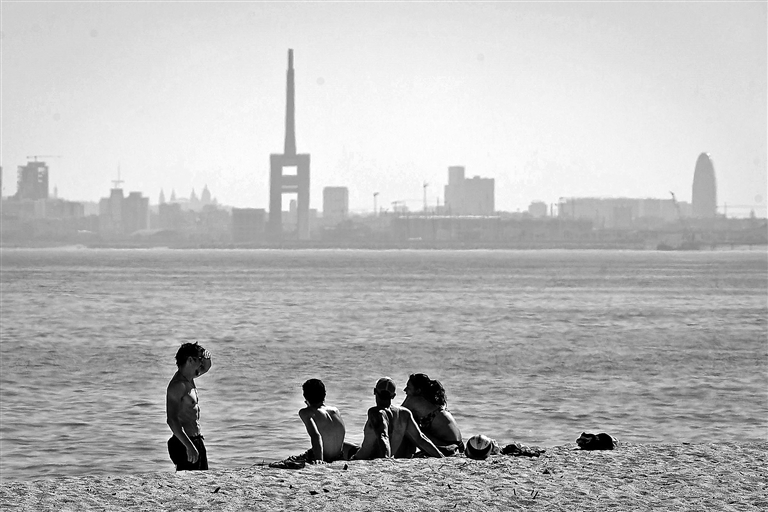
WITH summer already around us in South China, people are eager to make a splash. But some swimmers are wary: Some viruses, bacteria, and parasites thrive in water. Fortunately, it seems highly unlikely you’ll catch the coronavirus through water, but, as always, you can catch it from other people. According to the U.S. Centers for Disease Control and Prevention, “there is no evidence that the virus that causes COVID-19 can be spread to people through the water in pools, hot tubs, spas, or water play areas.” It says that treating these types of facilities with chemicals including chlorine “should inactivate the virus in the water.” Even fresh or salt water is highly unlikely to spread the coronavirus since other coronaviruses aren’t stable in water, according to Angela Rasmussen, a virologist at the Columbia University Mailman School of Public Health. That seems to be in part due to the fact that water dilutes the spit droplets that can transmit the disease. And, although coronavirus RNA has been found in feces, which could theoretically spread through water if you accidentally get some in your mouth, the virus in feces “doesn’t appear to be in an infective state,” said Krista Wigginton, an associate professor of environmental engineering at the University of Michigan’s College of Engineering. “The bigger risk from all of these activities would be from interacting with others who are talking, coughing, or sneezing nearby,” she said. No matter the activity, the risk of contracting COVID-19 mostly depends on the same few factors: How close are you to how many people, and for how long? The general principle should be: Outside is better than inside; open is better than closed; fewer is better than more people; and stay away from sick people. When it comes to swimming, then, swimming in an uncrowded pool, lake, or ocean is likely low risk compared to indoor activities and crowded outdoor activities like going to restaurants, malls, stores and concerts. Broken down further: Jumping in a private chlorinated outdoor pool is about as safe as you can get, while riding waves on a busy ocean-front is riskier, particularly if you’re clamoring for space to set up your towel on the sand afterward. As for pools, lap swimming in a well-treated pool where you have your own lane and empty lanes next to you is pretty low-risk, while splashing around in a crowded indoor pool is higher risk because you’ll likely be in close contact with others’ spit as they yell “Marco Polo” or cough when accidentally gulping down some water. It’s even more dangerous if you’re also using the locker room, where you may not only be in close proximity to strangers who aren’t wearing masks, but also touching surfaces like doorknobs and shower handles that can harbor the virus. Ultimately, use common sense. Swimming brings massive physical and mental benefits. If you can do it with a risk level you’re comfortable with, dive in. (SD-Agencies) | 
